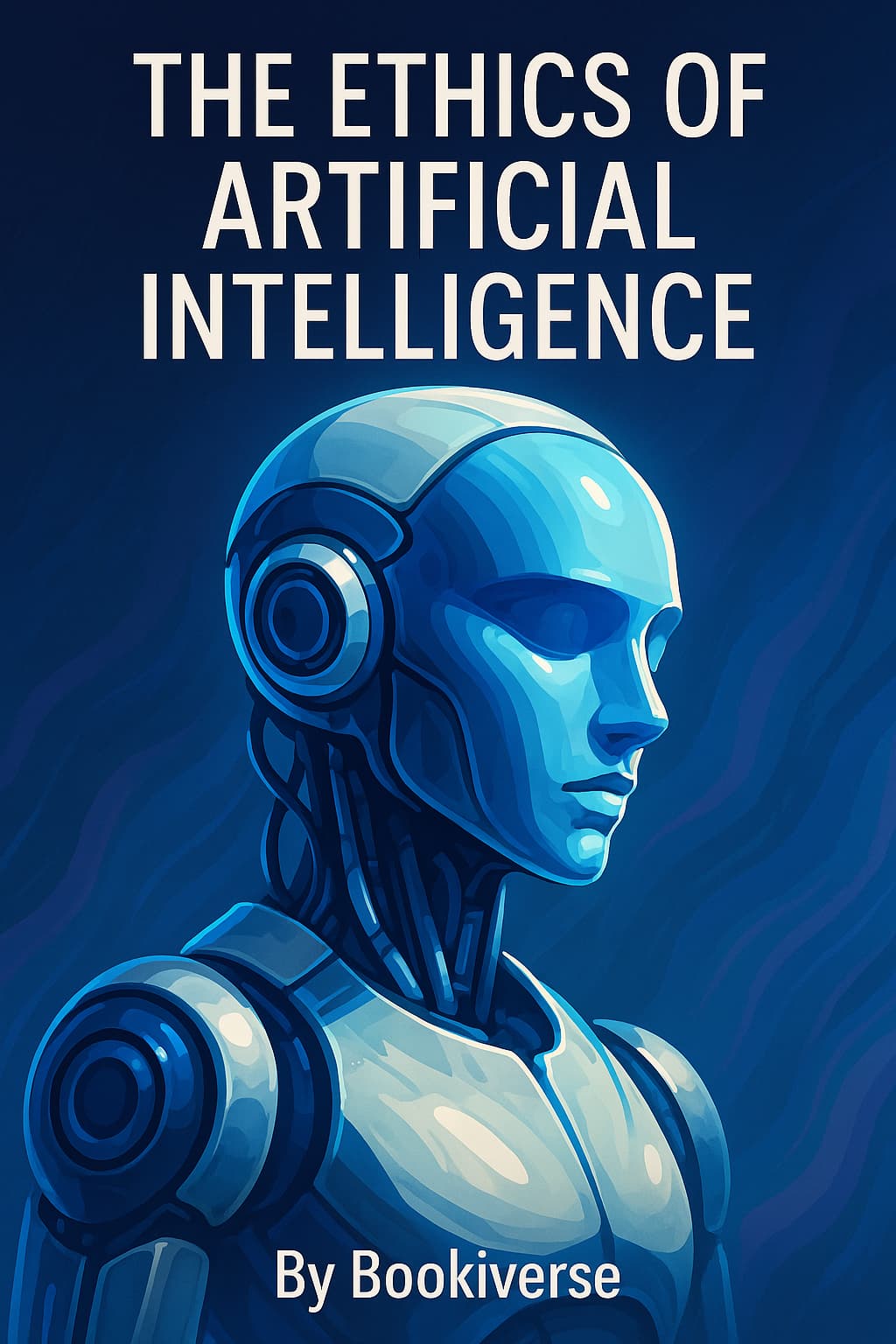Artificial intelligence is rapidly becoming part of our daily lives, appearing everywhere from healthcare to self-driving cars. This fast development brings enormous potential benefits, like greater efficiency and new scientific insights. However, it also raises serious ethical questions we need to address. As AI systems become more capable, we must carefully consider issues of fairness, who is responsible when things go wrong, the need for transparency, and how these technologies affect core human values in a world increasingly influenced by automation.

CEFR C1 Level
Understand demanding texts & implicit meaning. Express ideas fluently.
The Ethics of Artificial Intelligence
The Problem of Bias
A major ethical concern is bias within AI systems. If the data used to train an AI includes existing societal biases, the AI may learn and even amplify them. This is known as algorithmic bias, and it can lead to unfair or discriminatory results. For instance, some facial recognition systems have been less accurate for women and people with darker skin, potentially leading to unfair treatment. Preventing this requires careful selection of training data, thoughtful algorithm design, and ongoing checks to ensure AI tools promote fairness rather than reinforcing existing inequalities.
AI Making Decisions
Allowing machines to make decisions independently, especially in critical situations like controlling autonomous vehicles or deciding on medical treatments, poses difficult ethical questions. Consider a self-driving car facing an unavoidable accident: how should it be programmed to react? Who is responsible if an AI system causes harm? These questions touch on fundamental ideas about responsibility and the risks involved when we allow machines, which lack human understanding and moral reasoning, to make important choices.
Understanding AI: Transparency
Many complex AI systems, especially those using deep learning, can be like "black boxes." This means it's often difficult to understand exactly how they reached a particular decision or prediction. This lack of clarity creates problems for trust and accountability. If doctors can't explain why an AI suggested a certain treatment, or if someone is denied a loan by an algorithm they don't understand, it's hard to challenge potentially wrong decisions. Therefore, researchers are working on "Explainable AI" (XAI) – methods to make AI’s decision-making processes clearer and more understandable to humans.
Protecting Privacy
AI often needs huge amounts of data to function effectively, and much of this data can be personal. The way this data is collected, used, and stored raises important privacy issues. AI enables highly targeted advertising, sophisticated surveillance through facial recognition, and analysis of personal behaviour, all of which could potentially intrude on our private lives. We urgently need strong data protection rules and clear ethical guidelines for how personal data is handled in the age of AI, finding a balance between using data for progress and protecting individual privacy.
Who is Responsible?
Figuring out who is accountable when an AI system makes a mistake or causes harm isn't straightforward. Should the blame fall on the developers who created the AI, the company that uses it, or the individual operating it? Existing legal and ethical rules weren't designed with advanced AI in mind, leaving gaps. We need to develop new ways to determine responsibility that consider the unique characteristics of AI, such as its ability to learn and make decisions independently. This is vital for ensuring people can seek remedies when harmed and for encouraging the development of safer AI systems.
Guiding AI Development
Dealing with these complex ethical challenges requires cooperation between researchers, governments, businesses, and the public. International agreements are important to set common standards for developing and using AI responsibly, preventing situations where ethics are ignored in the rush for technological advantage. Encouraging public discussion and increasing understanding of AI (AI literacy) are also key to making sure that society's values help shape how this technology develops. Ethical guidelines for AI must be flexible and adapt as the technology continues to evolve.
Conclusion
The ethics of artificial intelligence affects everyone, influencing justice, individual rights, and the future shape of our society. AI offers amazing possibilities, but its development must be guided by a strong commitment to human values like fairness, accountability, and respect for privacy. Successfully balancing innovation with responsibility requires continuous discussion, collaboration across different fields, and effective governance. The decisions we make now about AI ethics will have a lasting impact for years to come, making it essential that we build a future where AI benefits all of humanity in an ethical way.